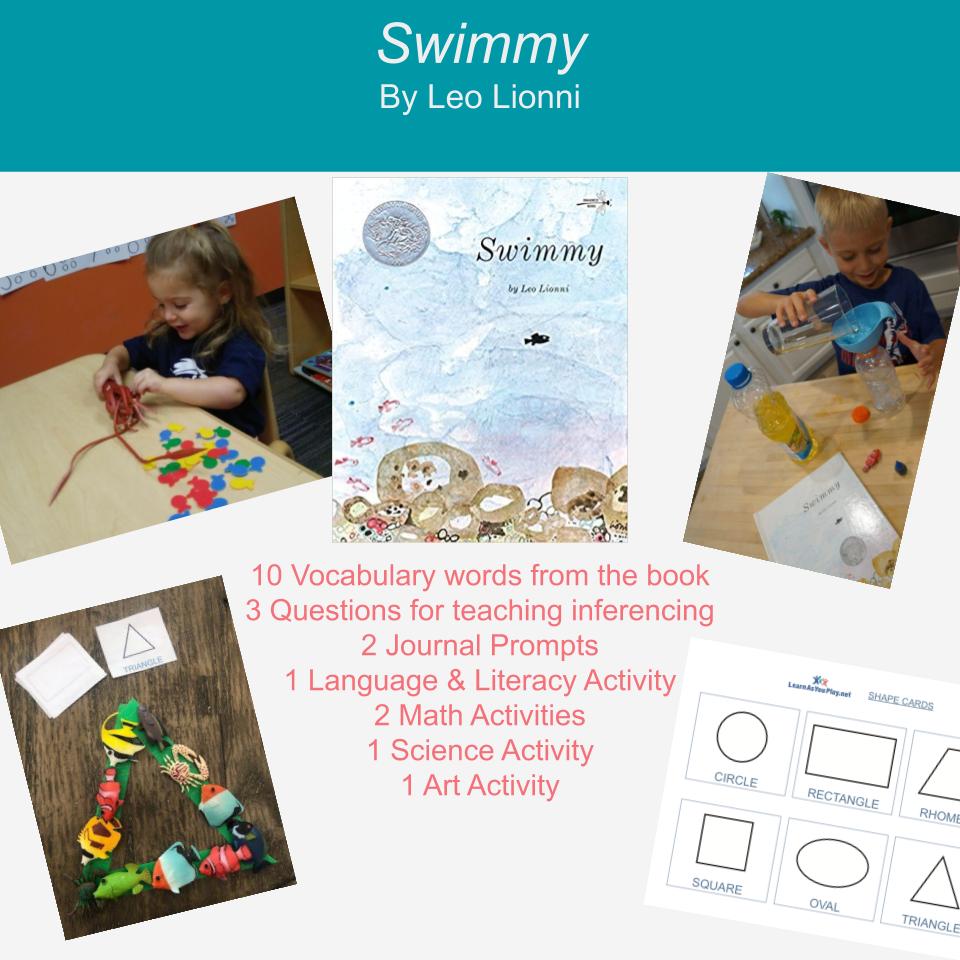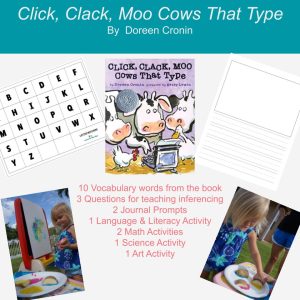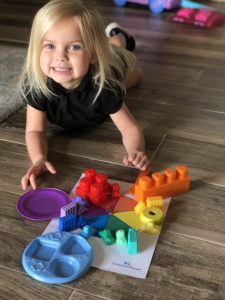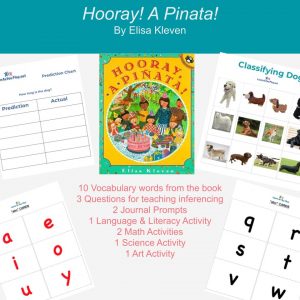Written by Debbie Markland June 15, 2020
Learning from Puzzles
During my family’s COVID19 stay at home time, there has always been a jigsaw puzzle on the table ready for anyone to sit down and find a piece or two. I love having puzzles in my classroom too – readily available, always ready for a child to choose one and take on the challenge!
Puzzles provide so many learning opportunities. Simply picking up a puzzle piece involves fine motor work as they twist, move around, and place the pieces. It develops their finger strength and hand-eye coordination.

Working on a puzzle builds perseverance and problem solving skills. We know ourselves from working on our own jigsaw puzzles, that sometimes it’s hard to force ourselves to work on something that’s tough, but the self satisfaction and pride from the completion of the puzzle is worth the frustration. Encourage your child to work through a problem and reach a solution as they fit the pieces together. They may learn there are multiple strategies to complete a puzzle as they complete a puzzle more than once.
Playing with puzzles encourages your child to pay attention to detail – looking for colors, shapes, differences and similarities between pieces and sections of the puzzle. They help develop memory skills, planning skills, and problem solving. Positive outcomes from trial and error transpire. You may also notice that their concentration skills grow. A child might be doing a puzzle, when a flash of a color on a piece reminds him/her of a color he/she already saw. She/he quickly locates the other piece and puts the two together – memory growth!
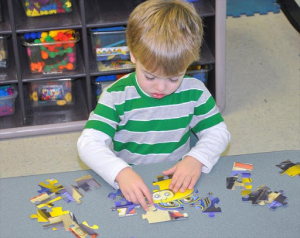

When working on a puzzle with your child, use spatial vocabulary and think out loud with your child. “I think this piece is going to fit here if I turn it around.” Using this spatial vocabulary, teaches them new words, and also helps develop their general spatial awareness and perception. You may want to use words such as turn, flip, rotate, above, below and beside. Think about how helpful that that spatial awareness becomes as your child packs their own backpack or puts their clothes in their drawer.

Just like when children are learning to read independently, make sure you offer your child puzzles at a variety of levels. Young children need access to puzzles that are the correct level of difficulty for their current developmental stage to benefit from puzzle play. They should have access to puzzles that they can do independently. This allows children the chance to build their small muscles, hand-eye coordination, and problem-solving strategies through repeated practice. They enjoy the feeling of accomplishing a task on their own as they put the puzzles together and take them apart. It is helpful to keep these puzzles in a place where children can access and clean them up independently. Rotating the selection of puzzles will help maintain their interest. Children should also have access to puzzles that are a little bit challenging. Working on puzzles that are a little too hard to complete independently is a great time for young children to work with peers and caregivers to build new strategies for solving puzzles. Puzzles that are much too difficult may be a source of frustration for children and their caregivers. Young children may dump the pieces and mix multiple puzzles together because they have a difficult time engaging with puzzles that are too hard. Caregivers and teachers may wish to keep the majority of these more challenging puzzles in a location where children can access them with assistance and a smaller, rotating selection available so children are encouraged to build their skills with assistance.
Here is a rough breakdown of what size/ types puzzles are best for what age. But… keep in mind every child is different in fine motor skills, spatial awareness, interest, attention span, etc..
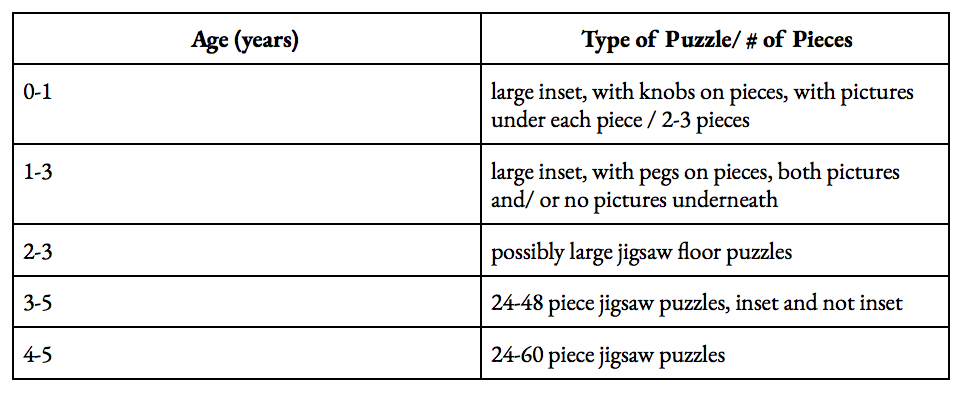



Although I have not ordered a puzzle from Puzzle Huddle yet, I was so excited to find their company. I love that they offer diverse characters in their collection- something I have looked for before and I was not able to find. Thank you Puzzle Huddle!
Happy Puzzling!
About the Author: Debbie Markland

Hi! I am Debbie Markland, Education Consultant for Learn As You Play. I live in Atlanta, GA where I teach 3 year olds! I have taught for 18 years total! I have worked with age 2 all the way through middle school. I have enjoyed watching the ebb and flow of educational practices since I first taught in 1991, and being immersed in these changes enables my own learning to continue. I like to describe myself as flexible, creative, and open-minded. I strive to continuously be building curiosity in my students!


